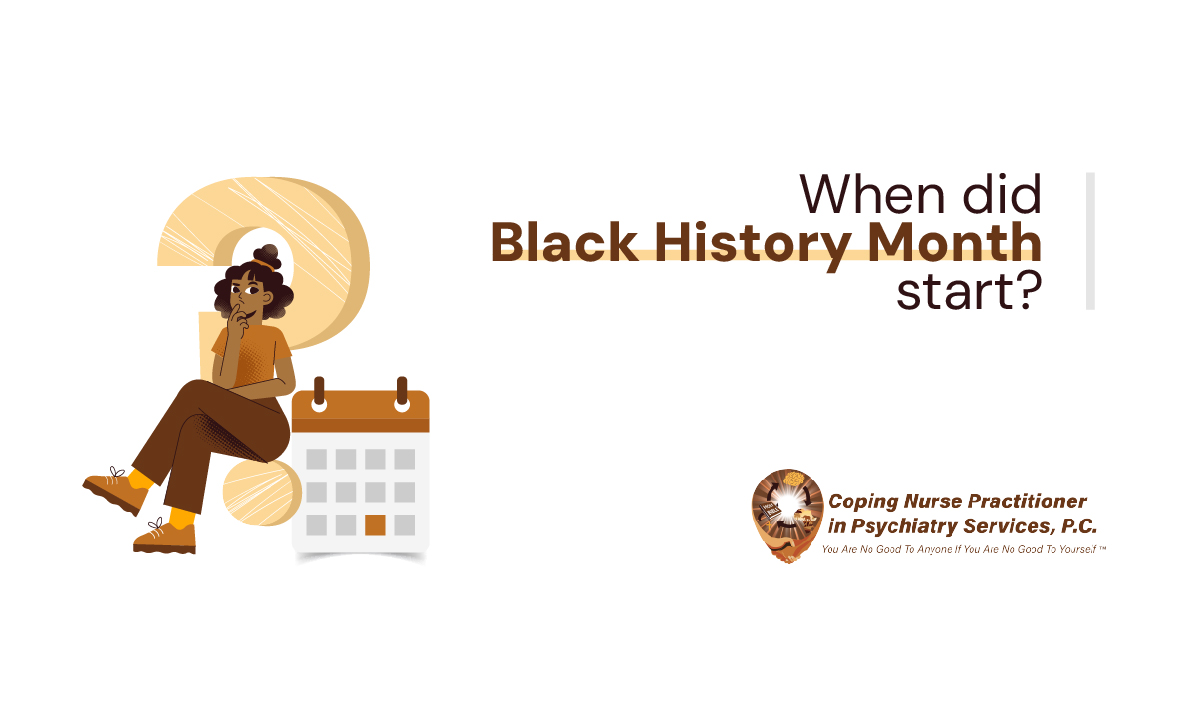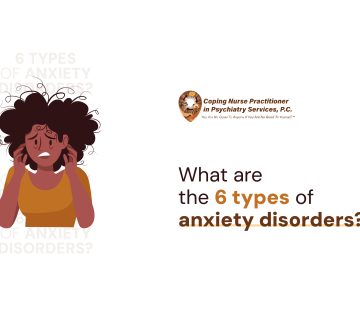Black History Month began in the United States more than one hundred years ago.
This month is an annual celebration of the efforts and contributions by African Americans.
Origins of Black History Month
Black History Month was the initiative of Carter G. Woodson – a Harvard-educated historian and educator who is often referred to as ‘the father of black history.’
Established in the early part of the 20th century, its focus was on recognizing the historic and present-day contributions of African Americans, which were often sidelined or ignored by mainstream historical narratives.
Founding by Carter G. Woodson
Carter G. Woodson came from an African American family.
He wanted to set aside time to teach people about black culture and history.
As the founder of the Association for the Study of Negro Life and History (ASNLH) in 1915, he brought together historians from different fields.
The group changed to the Association for the Study of African American Life and History (ASALH) in 1972.
With a vision to amplify black contributions to American history, Woodson established Negro History Week in 1926, setting the second week of February for its celebration with the birthdays of Abraham Lincoln and Frederick Douglass.
Now, the ASALH plans and leads Black History Month events nationwide.
For What Reason Do We Honor Black History Month in February?
The choice of February for honoring Black History Month is both historical and symbolic.
Carter G. Woodson selected this month to honor the birthdays of two important figures in the struggle for freedom and civil rights: Abraham Lincoln and Frederick Douglass.
Both of these men did essential things to help end slavery.
Evolution into Black History Month
The initiative that began as a week-long observation steadily gained traction.
As the Civil Rights Movement gained momentum, so too did the push for a more substantive recognition of black history in the public sphere.
The concept of a month dedicated to black history began taking shape.
Expansion from a Week to a Month
The idea of expanding the celebration was proposed by black educators and the Black United Students at Kent State University in February 1969.
The first Black History Month was celebrated a year later, in 1970, and was met with immediate support and enthusiasm.
Official Recognition and Celebration
In 1976, President Gerald Ford officially recognized February as Black History Month.
Our Celebration of Black History Month Today
In contemporary society, Black History Month is celebrated through a range of activities.
These can include:
- Lectures.
- Exhibitions.
- Film screenings.
- And community programs honoring black culture’s legacy.
These celebrations are a testament to the strength of a community that has experienced so much hardship.
Events and Programs
Every year, new initiatives are also announced.
These include:
- Local projects that celebrate lesser-known black figures.
- High-profile cultural celebrations that give voice to broad themes within the African American experience.
In the Context of Contemporary Society
Discussions about race and social justice remain relevant throughout Black History Month.
It reminds us of our collective journey towards equality and provides a platform to discuss ongoing issues and push for positive change.
What Is the Relationship Between Psychology and Black History Month?
Psychology and Black History Month are connected in lots of ways.
African Americans’ diverse experiences are celebrated during Black History Month – which can strengthen empathy and cultural competence.
Professionals in mental health need this knowledge to treat clients effectively.
Celebrating African American success stories during Black History Month can inspire and motivate all of us.
Pride and accomplishment raise self-esteem and mental health.
Black History Month can inspire race, identity, and social justice discussions.
These discussions can help people understand race and racism better and be more supportive.
During Black History Month, psychology can help people’s mental health in a number of ways, such as:
-
Honoring the pioneers.
Acknowledges the pioneering work of Black mental health advocates like Inez Beverly Prosser, Mamie Phipps Clark, Bebe Moore Campbell, and others.
-
Making people aware.
People should be told about the mental health problems that Black communities face, like higher rates of mental illness, drug use, and suicide.
-
Promoting resources and laws.
Encourage pals and relatives to back measures and legislation supporting mental wellness in African American communities.
This can include efforts to simplify access to health care services, reduce negative attitudes or stereotypes, and offer culturally responsive care.
-
To encourage self-care.
Encourage black people to put themselves first and get help when needed.
-
Making Black voices heard.
Share the experiences and thoughts of Black mental health advocates, professionals, and people who have gotten through mental health problems to motivate and inspire others.
-
Celebrating Black mental health pioneers.
Learn about Black mental health history and the commitment of pioneers like Dr. Solomon Carter Fuller, Dr. Paul Cornely, and others who have made important changes in the mental health field.
-
Supporting Black-led organizations.
Support groups led by black people that work on mental health, like the Boris Lawrence Henson Foundation, the Association of Black Psychologists, and others.
-
Breaking down barriers.
Help Black communities get mental health care by getting rid of things that get in the way, like shame, lack of access to good care, and inaccurate diagnoses.
-
Building community.
Support the growth of communities and resources that help Black people, like therapy groups, support groups, and online resources.
-
Accepting joy.
Honor the strength and happiness of Black communities and encourage self-care and wellness practices that come from Black history and culture.
Dr. Judy E. Vansiea, DNP, MA, MS, APRN, NPP
Judy E. Vansiea, DNP, MA, MS, APRN, NPP, is a psychiatric nurse practitioner at Coping Nurse Practitioner in Psychiatry Services and sees patients in the states of Kansas and New York.
A Christian by faith, born in Monrovia, Liberia, she represents strength and dedication as a single mother and a healthcare provider.
Dr. Judy’s extensive career in nursing spans nearly three decades, including roles as a Nurse Practitioner, a committed U.S. Army First Lieutenant, and an entrepreneur who has been at the forefront of healthcare as a RN for almost 27 years and a private practice business owner for almost five years.
Her academic achievements include an Associate of Science degree, double Bachelor’s and Master’s degrees, and the prestigious Doctor of Nursing Practice.
Join us in honoring Dr. Judy’s valuable contributions to society and her representation of the important legacy that Black History Month represents.
Final Thoughts
Let’s sum it up, when did black history month start?
Black History Month started in February 1926.
Carter G. Woodson designated February as the Black History Month to honor African American culture and accomplishments.
Connecting psychology with Black History Month raises mental health awareness.
It also shares available resources and supports black communities’ mental health.
We, as history keepers and change-makers, should study, value, and share the meaningful stories of Black History Month while cherishing it and being proud to be Black.
Our remembrance shouldn’t stop in February. Its resonance should inspire us all year long.
FAQs
Is Black History Month celebrated around the world?
Black History Month began in the U.S. but has spread worldwide, honoring African-Americans’ accomplishments. The extent and manner of celebration may vary by culture and history.
What does Black History mean to you?
Black History is a story of perseverance, courage, and success.
It covers the rich history of African American heritage, from oppression to breakthroughs in all fields.
It reminds us of the fight for justice, equality, and dignity.
When was Black History Month first observed in the United States?
Black History Month was first observed in the U.S. in 1976 after decades of advocacy and recognition of African American history and culture.
However, Carter G. Woodson’s establishment of Negro History Week in 1926 is where it all began.
How did February get to be Black History Month?
Black History Month is celebrated in February because Abraham Lincoln and Frederick Douglass were born then. Carter G. Woodson, the founder of Negro History Week, chose this time to honor their legacies and highlight African American contributions to American history.
Who started Black History Month and why?
Pioneering African American historian, educator, and writer Carter G. Woodson founded Black History Month.
Woodson saw the need to highlight African Americans’ often overlooked successes and struggles in the U.S.
He established Negro History Week in 1926, which became Black History Month, to promote a more inclusive and accurate view of American history.




